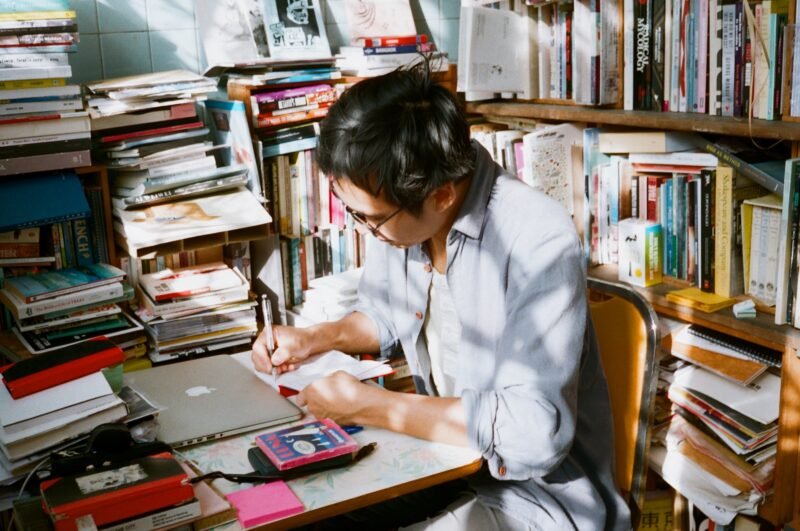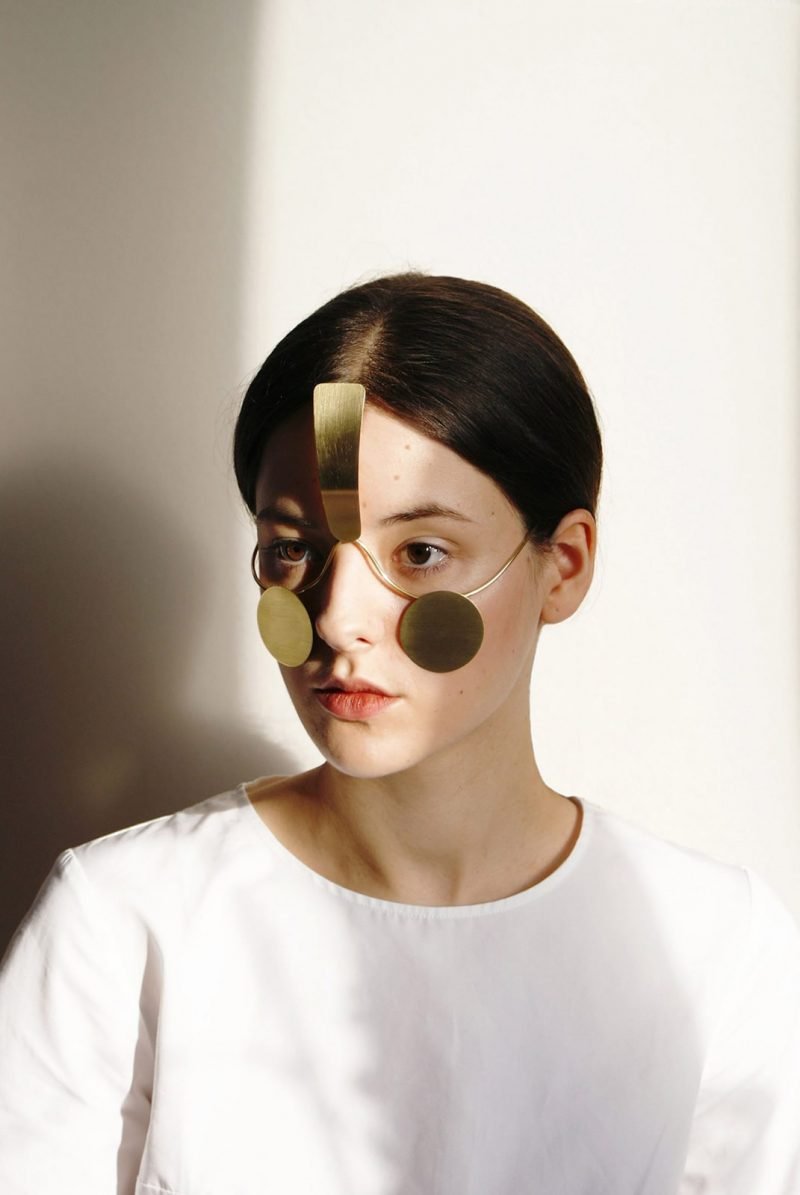Hamburg’s Manifest Against The Creative Class
Richard Florida’s ghost roams throughout Europe these days. We live in a world of global cities that are involved in an interurban competition to attract investors and the so-called international knowledge worker.
Keynesian economic policy has made a shift to an entrepreneurial and managerial approach to metropolitan governance. The unevitable rise of city branding and Florida’s creative class theory are direct derivatives from these developments. In Hamburg, artists who are designated to be the flag carriers of creativity, decided to speak up and no longer tolerate the neoliberal policy shift.

Over the last weeks a large group of them has united in order to speak out about their concerns. They argue being sick and tired of Hamburg’s current city-marketing campaign in which advertising people aim to rebuild the image of the North-German city into a cosmopolitan, harmonious, socially satisfying, pulsating metropolis. In the leaflets, copywriters have turned the raw St. Pauli district into a ‘sassy, versatile and naughty’ neighborhood. “Stop the hassle”, the artists say. They refuse to cooperate on rebuilding the image of the city into a happy playground for the winners of globalization, while, at the same time, social housing stock is being reduced, real estate becomes too expensive in the Western part of the city, and poor inhabitants are brutally displaced to Hamburg’s outskirts. “This world city is a segregated city in which culture and art become an instrument to accelerate state-led turbo-gentrification”, they argue.
“We have always looked for abandoned spaces in the city which temporarily had no market value – because we could work there more independently. Now we don’t want to be a marketing tool used to increase real estate value. We don’t want to discuss the question ‘how to live’ during fancy urban development workshops. The city is not a brand, the city is not a company. The city is a common good.”
Click here for the online manifest, and click here to read the October issue of ‘Hamburg: das Magazin der Metropole’ (in German) about the current state of the city and how politicians try to ‘sell’ the brand of Hamburg. Soon on Pop-Up City: how activist artists infiltrate in a consumerist environment to make their point.



